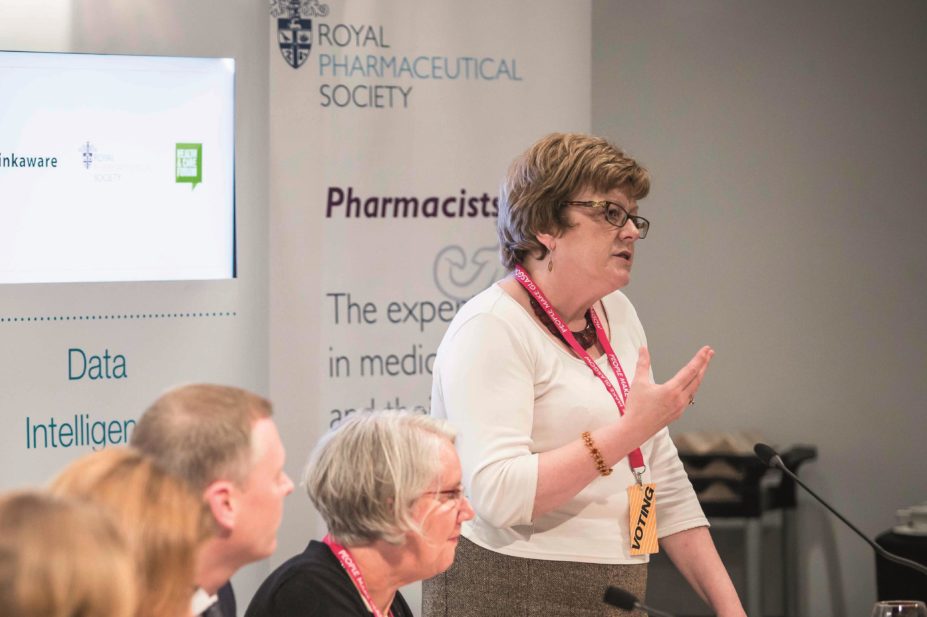
Five years ago I was fighting for political survival as a Liberal Democrat MP, and failed. Now, for the first general election in many years, I am not branded Lib Dem through and through, like a stick of Brighton rock.
This year, as vice chair of the English Pharmacy Board, my focus is predominately on what the political parties will do for pharmacy’s role in patient care and how this election will affect the work of the Royal Pharmaceutical Society (RPS).
We are currently in purdah, which is essentially a political “no-man’s land” in the run-up to a general election. There are no MPs, but ministers remain in post until a new government is formed. Purdah exists to avoid sitting ministers potentially abusing their ministerial status to announce initiatives or funding that would clearly benefit their political party. Hence a set of rules, referred to as purdah, was introduced so that a state of neutrality could be maintained during election time. Civil servants continue with business that is under way, but are unable to make promises or announcements.
The RPS has been lobbying the Conservatives, Labour and the Liberal Democrats, informing them about how pharmacy could address some of the pressures facing the NHS. We have also worked with the All Party Pharmacy Group to develop an action plan for the new government’s first 100 days, urging politicians to start realising pharmacy’s potential.
So it was welcome to see that the Lib Dem manifesto states that they would “better utilise the network of community pharmacists across the country so they become the first point of contact for advice on minor illnesses and are joined up with GPs and community health teams”.
While only one of these three parties specifically mentions pharmacy in their manifesto, all is not lost. In recent years, the trend has been for party manifestos to contain less detail so there are fewer hostages to fortune. The parties that have not included pharmacy in their election promises will still be thinking about what pharmacy can offer, and the English Pharmacy Board will be meeting some key politicians during the election period.
This is particularly important because all the signs are that there will be no clear majority and we could be facing another coalition. So the fact that the Lib Dems have a manifesto pledge on pharmacy, and that the other parties have been lobbied and have an understanding of the issues, means that it is possible that any coalition agreement could include a statement on pharmacy.
Sometimes the direction of political travel is clear and civil servants will quietly consider how they can implement new policies. Indeed, they will have held informal discussions with key parties for several months prior to the election. This election is slightly different because all three main parties support the principles of the NHS Five Year Forward View and this has given civil servants the confidence to continue implementing some of the initiatives launched by NHS chief executive Simon Stevens.
Whatever the result on 7 May 2015, the English Pharmacy Board has an early engagement plan. We will identify the new movers and shakers on the political health scene and meet those who may not be knowledgeable about pharmacy. We have some clear asks based on our recent campaigns on urgent and emergency care and pharmacists working with GPs. We will also explain the need for access to patient records and how pharmacists can help manage long-term conditions and improve medicines management in care homes.
We will need sharp elbows to get to the front of the queue to persuade the latest set of decision-makers of the contribution that pharmacy can make to improving patient health and well-being.

